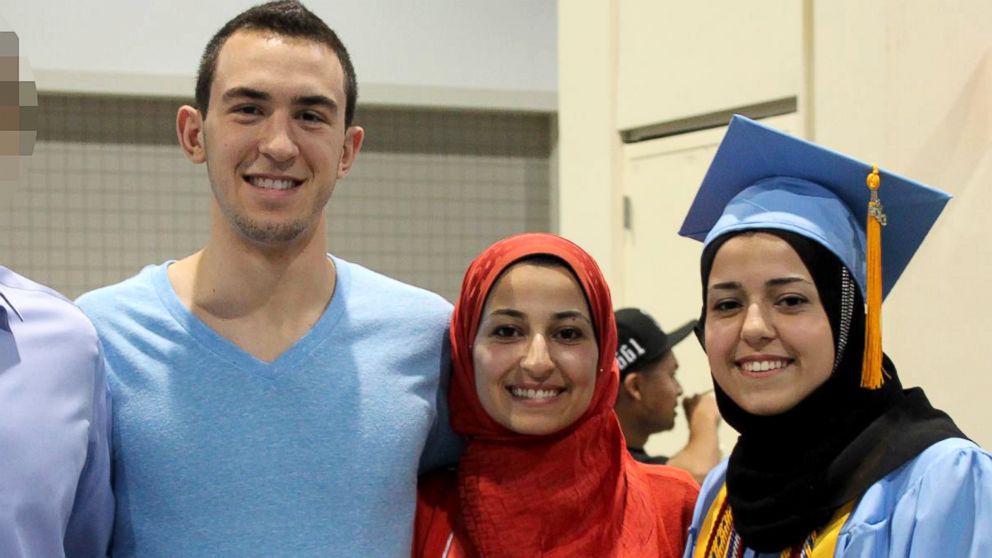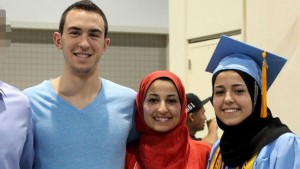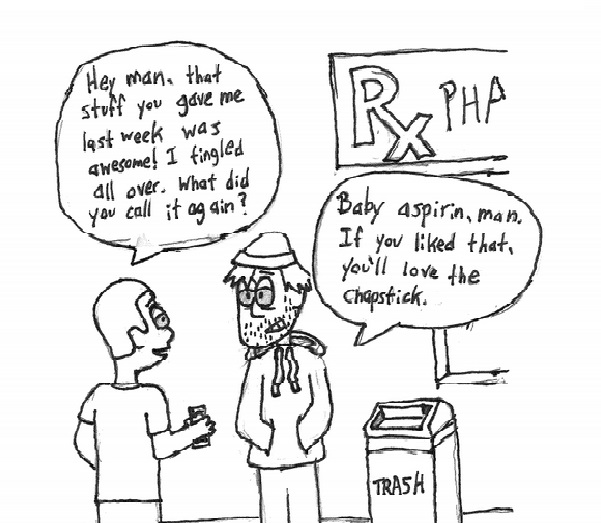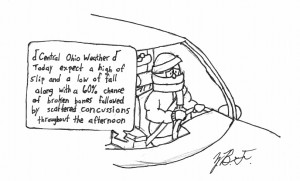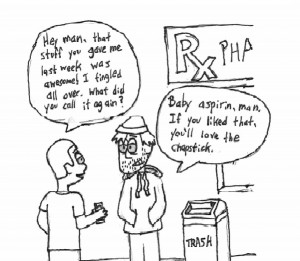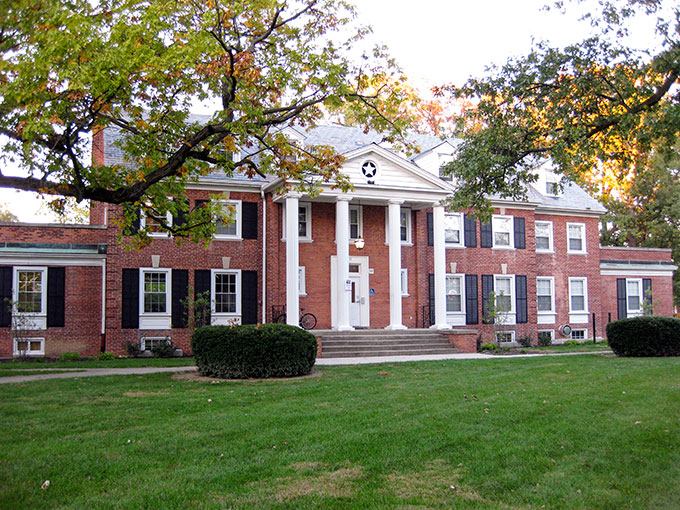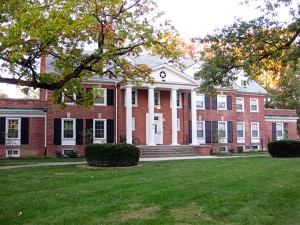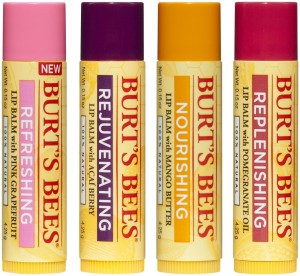I am remarkably stupid, I am beyond foolish and I will regret absolutely nothing.
I’m currently running on a treadmill because it is too cold to run outside. I have all this energy with which I want to move to different places, however, I am stuck on a rubber belt as my black Nikes slam and crash against the continuous, repetitive revolutions of this exercise machine. Three and a half miles down, only half a mile left to go.
Many people come to college to learn how to do a profession, or learn a set of skills, and then they leave college, and go to their big girl and big boy jobs right out of college. If they’re happy doing this, then all the power to them.
But I am not one of these people.
I am not lazy. If I could get an internship (or even a job) doing something I care about, such as working as a journalist for a cause, then I’ll take that, however, my main priority is traveling. I will work my ass off working small jobs to pay for food and living arrangements, be a freelance writer and take portraits in my free time, and go city to city learning about new cultures, meeting new people, and seeing the world. Every 30+ year old who I tell I want to travel, tells me I need to travel while I’m young. They tell me they wished they had traveled when they were younger, but that it got to be too difficult once they had homes, mortgages, kids, jobs, etcetera. My life will never, ever be mundane. Even if I have to sacrifice security for excitement.
I am beyond thankful for my college education, but I am ready to go out and do something completely different. Nobody ever got anywhere in life without being bold and a little bit foolish.
I have applied to work in different cities, and if I could get a job doing something I care about in a faraway city, that would be nice, however, I’m moving away whether I have a job or not. I’ll get a job making coffee, waiting tables, helping out on construction sites. I guess I am kind of like that kid from Into the Wild – Christopher McCandless*. Except I haven’t totally given up on society like he did, so I guess you and I still have something in common.
Perhaps I was born to be a nomad. I crave impermanence. I can’t stay in one place for longer than a few months before I start to lose my mind. Not Delaware, Ohio, and not my beautiful hometown 23 miles north of San Francisco. There are so many places to see that, frankly, there’s no time to settle down in one place!
It is springtime now, and it’s getting warmer outside. But I am still on the treadmill, exhausting my locomotion on this black machine of rubber, plastic, and capitulation, when I could be running outside. Quarter mile left to go.
Right now, you’re likely thinking: “But I have student loans to pay off in six months!”
I do, too. I will pay my student loans back with money I earn from being a freelance writer, a freelance photographer and with money I earn working small jobs. I will work my ass off doing everything and anything I am physically able to do. I will not let student loans get in the way of living my dream. We all need to dream big. When we were younger, did you have goals of taking an office job selling insurance policies? If yes, then all the power to ya’. Go sell insurance policies with all your heart. (Note from the author: I never judge anyone’s career or anyone for doing something that makes them happy. The only time I will ever judge you is if you do something that does not make you happy. Life is too short to not make the most of your time here. It won’t last forever.) Do something you love.
But if you had dreams bigger than staying in the closest city to your alma-mater and taking the first job that was offered to you because you were nervous about those looming student loans, then step back and realize that you need to do something that would make your ten year old self proud. That was what inspired my father to start his own business at the age of 14, and my mom to go back to school to become a real estate agent — a career she had never received any training for – at the age of 55. That’s incredible to me. She followed her dreams. She didn’t let anyone or anything stop her or get in her way, despite the market in the San Francisco Bay Area being flooded with real estate agents who have years and years of experience. She wasn’t intimidated. My dad wasn’t intimidated when he decided to invest some money he earned into owning a golf course at the age of 13.
Anything is possible if you make it so. Only you control your life. You are not a prisoner. You can do whatever you want if you set your mind to it.
It is summertime now, and I have run all four miles. I have gone the distance. I am so glad I did. And while past four miles have been filled with incredible people, beautiful memories, and I have learned so much – in terms of my major, as well as about myself, I am ready to hop off the treadmill and run outside. I am going to run far. And you won’t see me coming back around the bend for a long, long time.
*Christopher McCandless burned all of his possessions immediately upon graduating college, and took to a life of traveling, meeting new people, learning new cultures and experiences working small jobs to pay for his “Great Alaskan Adventure.”



